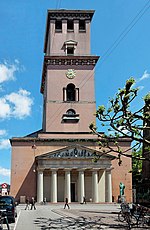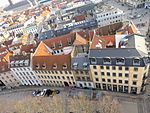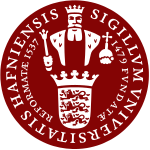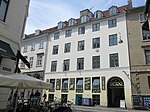Battle of Copenhagen (1807)

The Second Battle of Copenhagen (or the Bombardment of Copenhagen) (16 August – 7 September 1807) was a British bombardment of the Danish capital, Copenhagen, in order to capture or destroy the Dano-Norwegian fleet during the Napoleonic Wars. The incident led to the outbreak of the Anglo-Russian War of 1807, which ended with the Treaty of Örebro in 1812. Britain's first response to Napoleon's Continental System was to launch a major naval attack on Denmark. Although ostensibly neutral, Denmark was under heavy French pressure to pledge its fleet to Napoleon. In September 1807, the Royal Navy bombarded Copenhagen, seizing the Danish fleet and assured use of the sea lanes in the North Sea and Baltic Sea for the British merchant fleet. A consequence of the attack was that Denmark did join the Continental System and the war on the side of France, but without a fleet it had little to offer.The attack gave rise to the term to Copenhagenize.
Excerpt from the Wikipedia article Battle of Copenhagen (1807) (License: CC BY-SA 3.0, Authors, Images).Battle of Copenhagen (1807)
Frue Plads, Copenhagen Christianshavn
Geographical coordinates (GPS) Address Website Nearby Places Show on map
Geographical coordinates (GPS)
| Latitude | Longitude |
|---|---|
| N 55.679444444444 ° | E 12.572777777778 ° |
Address
Vor Frue Kirke
Frue Plads
1168 Copenhagen, Christianshavn
Capital Region of Denmark, Denmark
Open on Google Maps










